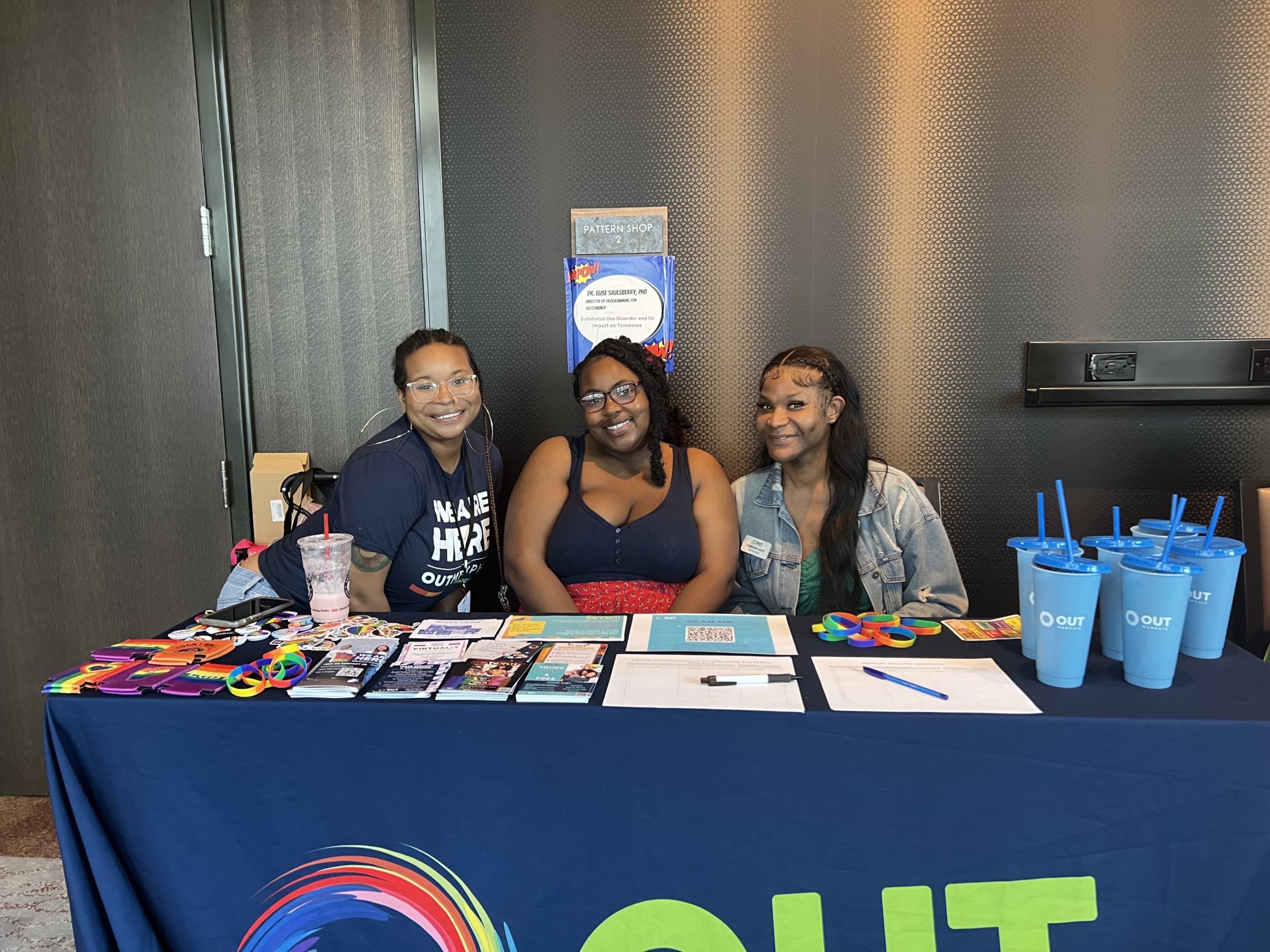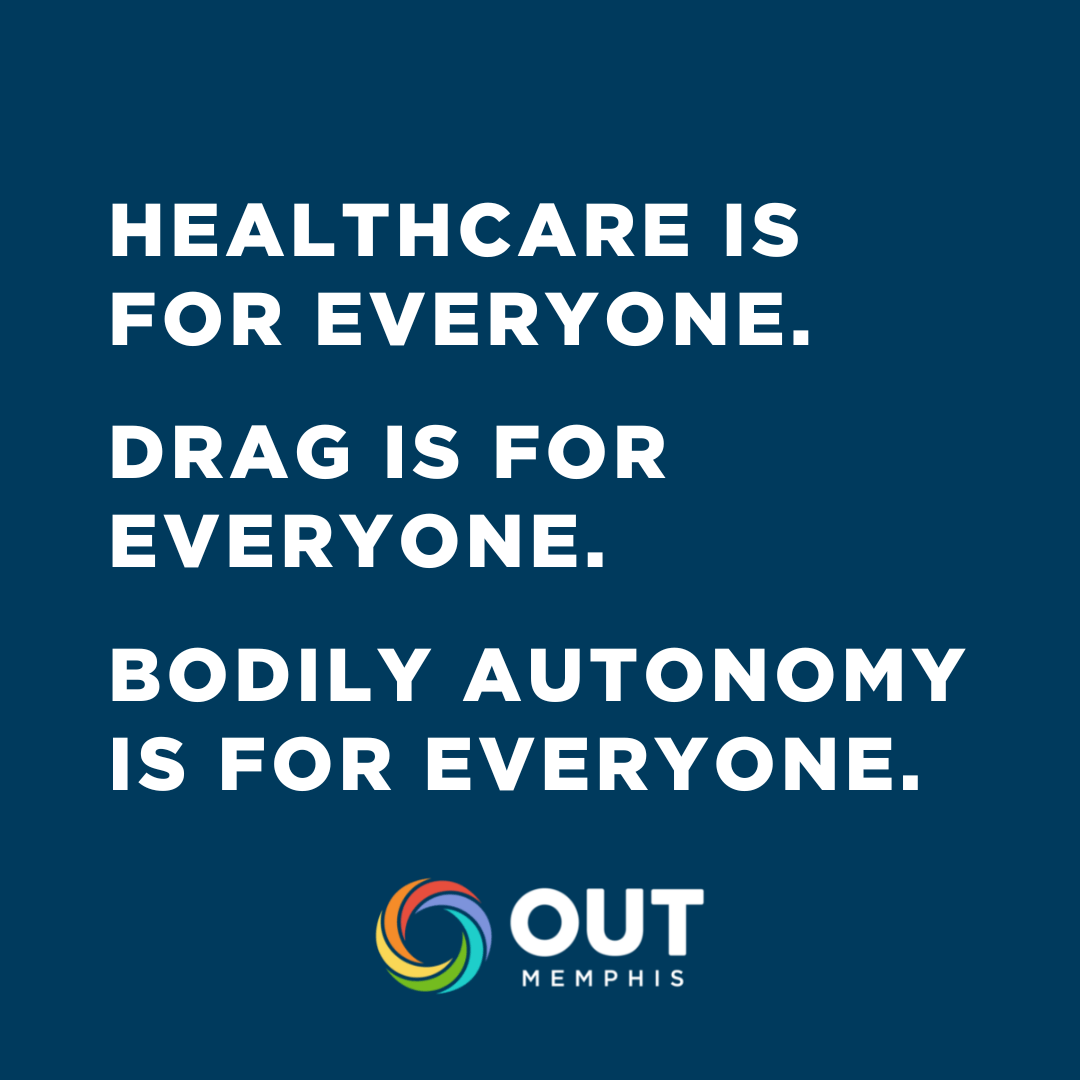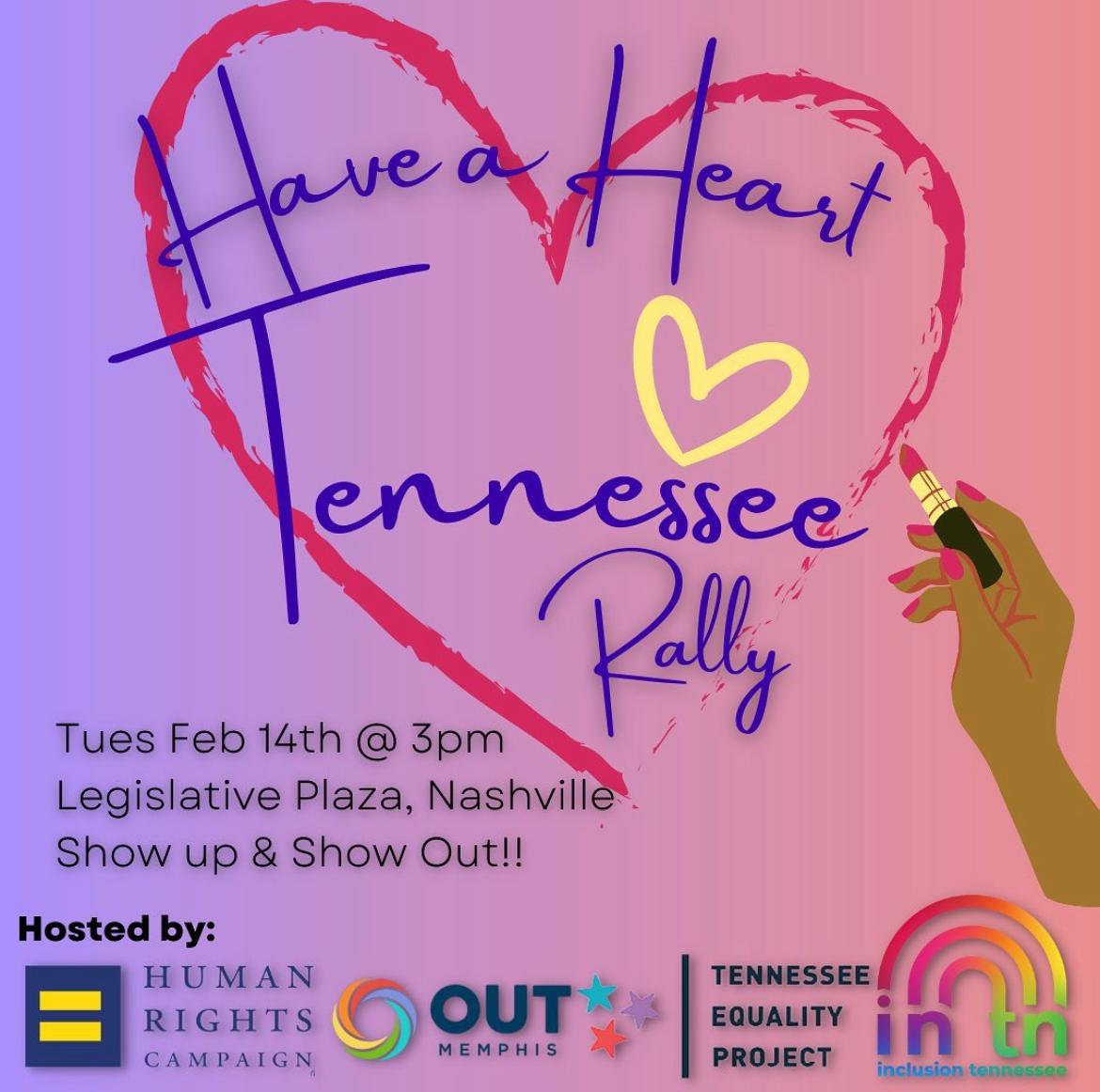“You have to join every other movement for the freedom of people.”
―
This coming Monday, January 21st, is Martin Luther King Jr. Day. This is a day to commemorate a groundbreaking man who led the fight for Civil Rights in a time when doing so was not only a radical thing to do, but a dangerous one. Indeed, Dr. King’s death makes this fact soberingly apparent.
In light of this, we would like to highlight a few LGBTQ individuals who were also instrumental in the fight for African American Civil Rights.
James Baldwin
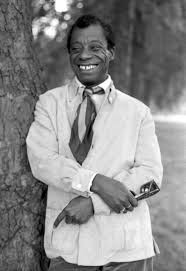
Born in 1924, James Baldwin was a well-known author, poet, and Civil Rights activist. His work routinely dealt in themes encompassing race, sexuality, and the intersections thereof. Many of his works are considered to be “semi-autobiographical”, displaying the way he related to his own identity through complex characters and narratives in his works. Baldwin was considered “Out and Proud” before that term became widely used, and he is credited with having an impact on the way the population at large approached the intersection of “African American” and “Gay”.
Learn more about James Baldwin: Outhistory, PBS, BuzzFeed
Pauli Murray
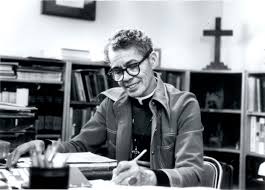
Pauli Murray was an accomplished lawyer, an intellectual, and a woman on the forefront of the Civil Rights movement. Born in 1910 as Anna Pauline, “Pauli” was not only on the cutting edge of Civil Rights, but also Women’s Rights and LGBTQ Rights. Her involvement was instrumental in highlighting the intersection of these identities in the lived experiences of many. Pauli also became the first woman of color to be ordained as an Episcopal Priest, something that was unheard of before her. Her work made many references to the differences in the way laws like Jim Crow laws affected Men and Women.
Learn more about Pauli Murray: QSpirit, Pauli Murray Project, The New Yorker
Bayard Rustin
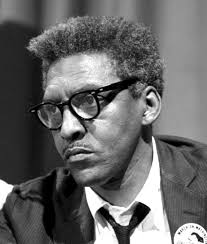
Bayard Rustin (1912-1987) was a pivotal leader in the Civil Rights Movement, playing key roles in the planning and implementation of several key events including the March on Washington for Jobs and Freedom (1963) and the Journey of Reconciliation in 1947 (known as the first of the Freedom Rides). Rustin was the logistical genius behind civil rights events large and small all over America. He also played a key role in helping to found and/or support a variety of Civil Rights Movement organizations, including the Southern Christian Leadership Conference, the Congress of Racial Equality (where he was nicknamed CORE’s “uncle”), and the A. Philip Randolph Institute. While Rustin lived as an out gay man, often his identity lead to him doing behind-the-scenes work within the Civil Rights Movement. In his later years, Rustin championed human rights, the right to free elections, and gay rights.
Learn more about Bayard Rustin: PBS, The Guardian, BuzzFeed, NPR
For more information about the history of the LGBTQ and Civil Rights movements, and to discover the places where they intersect, take a look at our Timeline of Events in LGBTQ history both locally and nationally.

